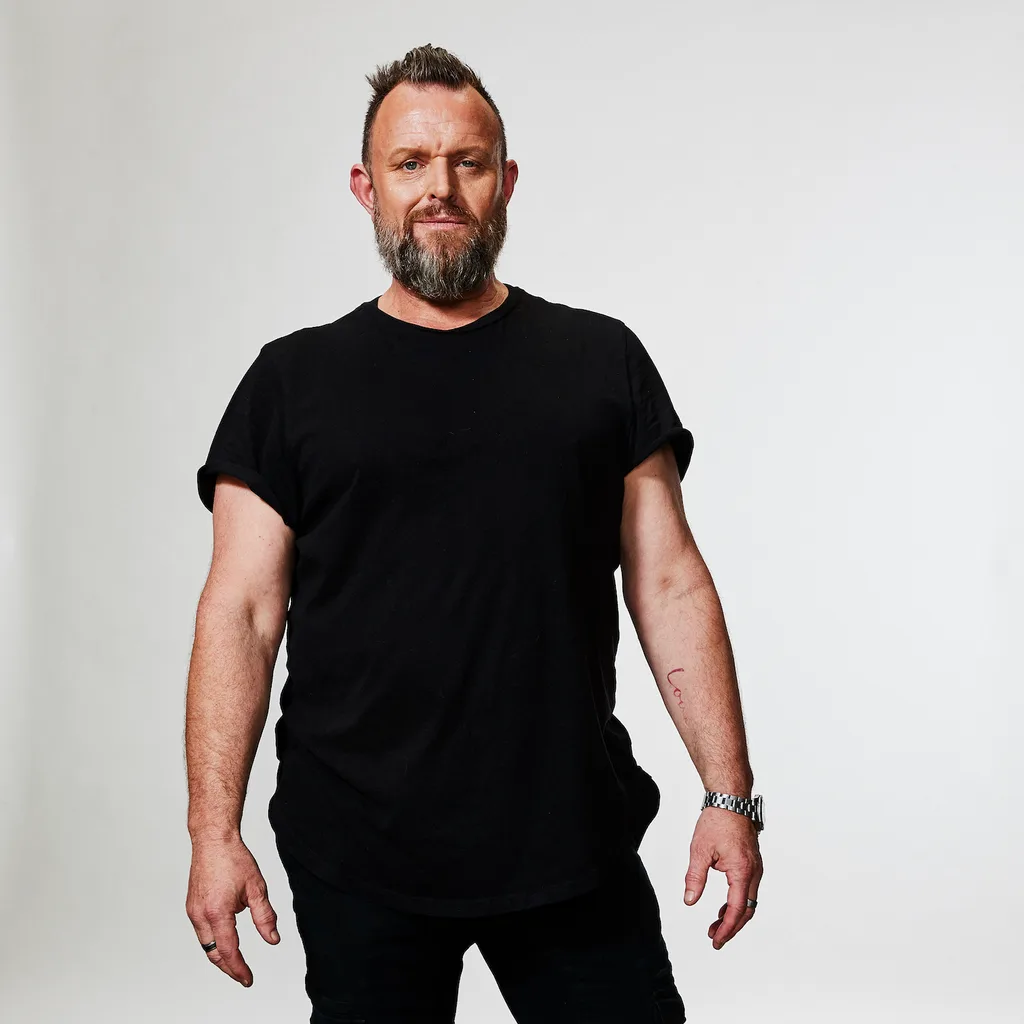Not all disrespect to women results in violence. But all violence against women, indeed all violence, starts with disrespect.
This simple notion, a cornerstone of the Australian Government’s 2022 Stop It At The Start campaign, Bring Up Respect, is so powerful it can save lives. If all violence against women starts with disrespect, respect is therefore a potent agent for change.
The website Counting Dead Women – what a horror such a page needs to exist – meticulously captures every known death due to violence against women in Australia. It has been counting since 2012 and the numbers haven’t budged a bit. More than one woman a week, year after year, loses her life to violence, usually from a partner or former partner. At the time of writing, this shameful figure stands at 32, and will no doubt break 52 by the end of December. The annual number is often in the 70s or 80s.
And to think this could be so very different if only men respected women as much as they do themselves, and other men.
At its core, respect is simply understanding every human being on the planet deserves the same right to live their lives free of objectification, harassment, abuse, violence and murder, that we’ll all equal. We all deserve respect. Doesn’t seem too much to ask.

The problem is, however, is the deep-rooted idea that women are somehow “other” – sex objects, property, emotional, unpredictable beings best suited to caring for children and housework – rather than simply … people.
Men’s attitudes to women are shaped from the moment we’re tucked in with a blue blanket, told to be a “brave boy” when we scratch a knee, and, as we grow, to “be a man”. We come up listening to the whispered wisdom of our brothers, fathers and uncles, our schoolmates and coaches. “Real” men are leaders, winners, sporty, tough, bold, aggressive and stoic.
It’s persuasive, pervasive and so present in every moment of our lives we don’t even see it. Yet, it’s everywhere. Young men have the empathy and love shamed out of them.
The writer Jane Gilmour, author of Fixed It, says our attitudes are shaped by the “preconceptions and subconscious biases we’ve learned through millions of tiny interactions with the world … in every advertisement, movie, song, poem, photo, joke, headline, book, comic strip, news article comedy sketch or TV show.”
The flipside, of course, is that women are soft, weak, passive and emotional, so very different to us.
What it means to be a man, or a woman, isn’t hard-wired into our DNA. It’s learned.
Studies clearly show it is the belief a man is “entitled” to control and leadership is his personal relationships, simply because he is a man, that drives violence against women. It all comes from a lack of respect.
If you’re a man and you have come to see and understand this, what can you do? The answer has to be that you’re obliged to do whatever you can, whenever you can. It’s as clear a choice as jumping into a river to save someone’s life.
Have conversations about respect with, of course, your own children but also young men you might have influence over. Young men are hungry for role models of positive masculinity because there’s so very few.
It’s not easy. Men are excellent at policing the attitudes of other men and very quick to label another man a weak “pussy” for showing empathy or talking about respect of women. It takes bravery, ironically a traditionally manly trait, to be the man that speaks up about respect.

But if you can the guy at the barbecue who can bring himself to say “Um, it’s not really respectful to talk about her like that,” in a group of other men, you’re not only introducing fresh attitudes and setting boundaries, you’re opening the door for other men who may feel the same to express themselves.
It can be as simple as a “Dude, seriously?” in the office, which can be the start of a meaningful, respectful discussion.
For men, it’s also a matter of being the change you want to see. There’s no point in talking about respect if it isn’t clear and present in your own life. You’ll get called out in a heartbeat.
It’s not about being preachy or occupying a higher moral ground. Young men, in my experience, are highly receptive to the notion girls will like them a whole lot more if they are shown some respect. Conversations need to be grounded in the real world boys and young men live in.
In her ground-breaking book on domestic violence, See What You Made Me Do, writer Jess Hill says to change attitudes that drive domestic abuse would be “one of the greatest nation-building exercises in Australia’s history.”
Bringing up respect isn’t just important. It’s a matter of life and death. Men, it’s time to start a conversation.
Phil Barker is a former magazine editor and publishing executive, and author of The Revolution of Man, on positive masculinity, and AXED: Who Killed Australian Magazines?.










